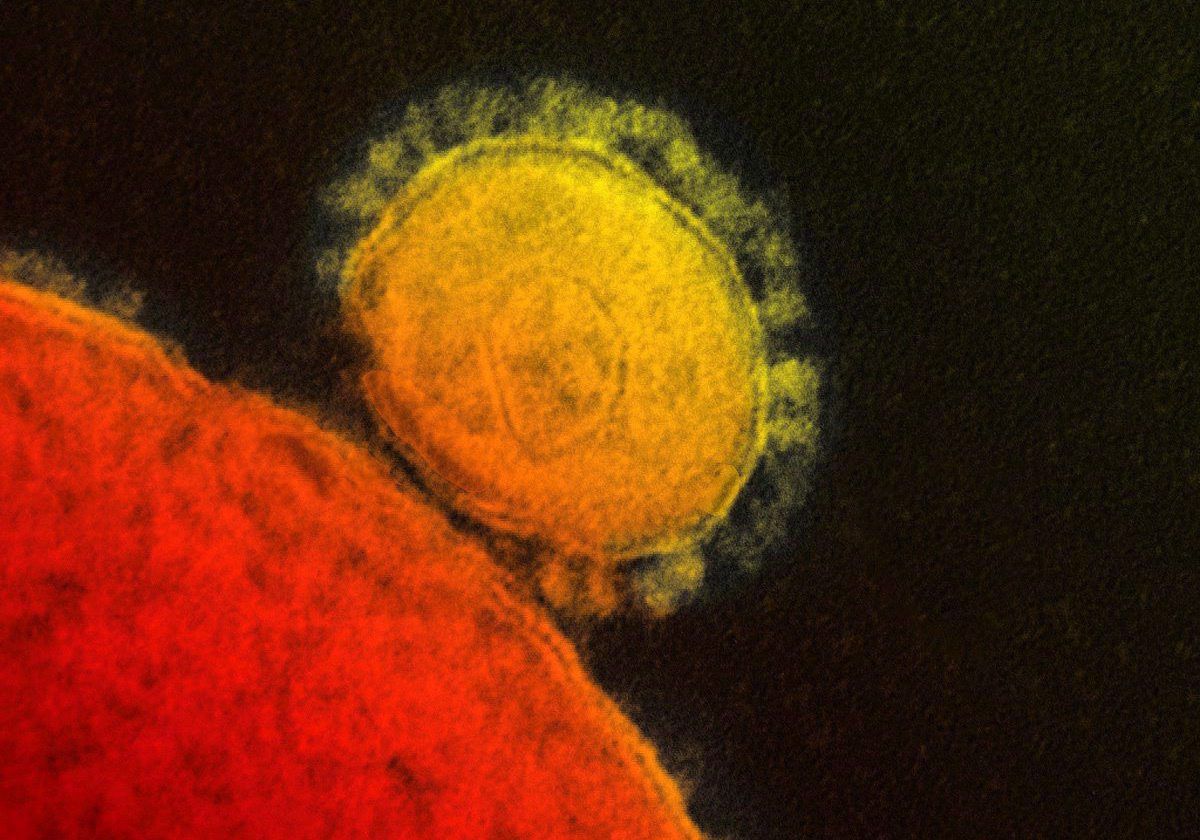Officials confirmed a second U.S. case of the deadly Middle East Respiratory Syndrome, or MERS-CoV. The case was reported at the Dr. P. Phillips Hospital in Orlando, Florida, and made public yesterday.
Today, Reuters is reporting that two healthcare workers exposed to the MERS patient showed flu-like symptoms and that one of those workers has been hospitalized, while the other is being monitored at home. Both have been tested for MERS, and the results are pending.
Hospital officials told Reuters that the two healthcare workers were exposed to MERS before it was known that the patient was infected with the life-threatening virus.
At a press conference, the hospital said the patient is doing well, and has a low-grade fever and cough. Before seeking treatment, the patient visited Orlando Regional Medical Center to accompany a friend who was having a medical procedure.
The patient was symptomatic at the time, and all of the healthcare officials he came into contact with -- five at Orlando Regional Medical Center, and 15 at Dr. P. Phillips Hospital-- are being tested for MERS. The 15 at Dr. P. Phillips Hospital include the two displaying symptoms, and hospital officials are waiting for results.
Officials are saying the virus is easily spread to healthcare professionals, but stress that is not a threat to the general public. The Center for Disease Control has a helpful FAQ to understand MERS-CoV, for which there is currently no vaccination.
The MERS patient is a also a healthcare worker, who works in a hospital in Jeddah, Saudi Arabia. MERS was originally detected in Saudi Arabia in 2012; however, in March there was a surge in infections. According to the Reuters, the virus has infected over 500 people in Saudi Arabia, and it has killed 30 percent of those infected.
The disease has been reported in parts of Europe, Asia and at the beginning of May, the first U.S. case was reported in Indiana.
Tuesday, the World Health Organization (WHO) held an emergency meeting to decide whether MERS constituted a "public health emergency of international concern." According to Reuters:
"Global health regulations define such an emergency as an extraordinary event that poses a risk to other WHO member states through the international spread of disease, and which may require a coordinated international response."
The announcement from WHO will come from Keiji Fukuda, the assistant director general for health security, later on Tuesday.
Middle East Respiratory Syndrome is in the same family of virus as Severe Acute Respiratory Syndrome, better known as SARS. The SARS virus killed around 800 after it first appeared in 2002 in China.
Symptoms of MERS include coughing, fever and (at times, fatal) pneumonia. Scientists believe that the disease originated in animals, and have detected the disease in camels. "However, we don’t know whether camels are the source of the virus," the CDC FAQ reads. "More information is needed to identify the possible role that camels, bats, and other animals may play in the transmission of MERS-CoV."

Shares